Three Vehicles for Mission
When we started on our urban journey we experienced growing pains as we searched for the best way to describe what we do, who we are, and where we’re going. I was given a strong classic theological education while at seminary and the roots that developed are what allow me to explore the frontier of church planting. However, I was not prepared in any way for urban, multi-ethnic ministry. The Lutheran Church-Missouri Synod is predominately white providing very few resources for missions such as ours. As a result I grasped at any resources that seemed remotely appropriate in the first six months of Bridge City Community.
With the help of forerunners in the urban church I gleaned invaluable insight and appropriate vocabulary. People began to see us as an urban mission akin to international mission efforts instead of the quintessential American church plant with fog machines, laser lights, killer worship bands, and exacerbated numbers of attendance and offering. Many of our early supporters resonated with the analogies drawn between Gospel proclamation overseas and our reconciliation efforts in South Chattanooga. There have been so many generous individuals and churches who supported us financially over these first three years of existence and we owe them a debt of gratitude for offering us the freedom to navigate these foreign waters.
One of our key values is communication. Clear communication earns us trust and respect in a city where whimsical rhetoric covers a multitude of perpetuated wrong. Using terms like segregation, racism, inequity, and similar provocations eventually led to a reputation of speaking loudly that which is typically whispered or unspoken. Clear communication disperses the fog of skepticism. On a number of occasions as we communicated with current supporter and potential donors I realized that clarity is key for offering the hand of partnership and requesting support. Drumroll please…
Three Vehicles of Mission
In a conversation with a very good friend, and fellow church planter, about nine months ago I discovered an unsettling truth. There does not exist a vehicle for understanding or funding a domestic urban mission like Bridge City Community. To break down an hour long discussion in a few sentences here’s what he explained:
Churches understand and fund outreach efforts in the city where they are located (i.e. homeless shelter, crisis pregnancy center, food bank, etc.). The members have ample opportunity to engage in hands on ministry and the community benefits. The local church has the language and experience for this which results in ongoing funding of, and participation in, such activities. Churches also understand and fund extreme international mission work. Obeying the Great Commission churches send mission teams to the ends of the earth building shelters, feeding hungry children, and offering much needed attention to orphanages.
“Great, I agree. So why not fund our urban mission efforts?” I asked him. I was slightly taken aback by his reply, “Why should our church care about Chattanooga?”
Sounds harsh, I know, but I understood what he meant. BCC is halfway across the country so the locality of mission work at his church didn’t have a category of support for us. BCC is halfway between their church and Guatemala — literally passed over for the appeal of an extreme international experience: lost in a different language, dropped into a foreign culture, forced to eat unexperienced cuisine.
As I reflected on our conversation a few things came to my mind that I think raise a strong argument to consider domestic urban mission work as a unique opportunity to meet in the middle: impacting the local community while providing an international experience. We are the Judea and Samaria in the Great Commission. Close enough to be easily accessible while distant enough to provide similar experiences to a foreign country. Our urban centers speak unique languages, offer unique culinary options, and provide unique, missional focused service opportunities.
The last question I asked him and offer to you as well: "Why does your church care about Costa Rica, Guatemala, Mexico, Uganda, China or any other country outside our borders?"
Is there really a stronger connection to a place 3000 miles away than a few states away? Is there really a stronger argument of support for the orphanage you visit once a year over orphans overpopulating housing projects in Tennessee? Or is it simply the need for a new category of understanding and funding?
